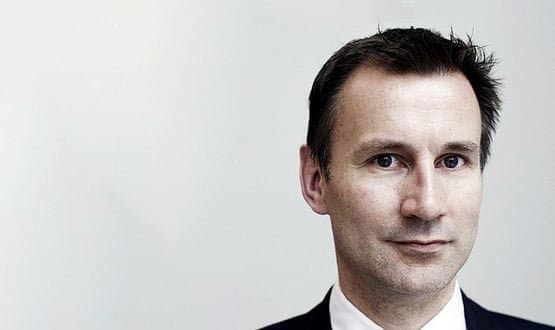The government has created a new organisation to work on a project to sequence 100,000 genomes and link these to electronic health records.
The company, Genomics England, will manage the project contracts for specialist UK companies, hospitals and universities to deliver services on data-linkage, sequencing and analysis of genomes.
The project, which was dubbed “bigger than the internet”, by health secretary Jeremy Hunt at the Datapalooza conference in the US earlier this year, will introduce high-tech DNA mapping for patients.
Commenting on the launch of Genomics England as part the celebration of the NHS’ 65th anniversary, Hunt said that the NHS has to continue to push boundaries in medical science.
“The UK aims to become the first country to introduce this technology in its mainstream health system – leading the global race for better tests, better drugs and above all better, more personalised care to save lives,” he said.
“Genomics England will provide the investment and leadership needed to dramatically increase the use of this technology and drive costs down.”
The DNA codes of up to 100,000 patients will be matched to their electronic medical records over the next five years to create anonymised datasets of the genome sequences and the clinical data.
It will start by focusing on sequencing of lung and paediatric cancer, rare disease and infectious diseases.
The aim is to give doctors a new understanding of people’s genetic make-up, their conditions and needs in order to provide personalised treatment and access to the right medication earlier.
Genomics England will also set standards for getting patient consent and manage the personal data in accordance with the information governance rules already used by the NHS.
The company is owned and funded by Department of Health. The government has pledged up to £100m in funding which will be used to cover the initial DNA sequencing, build the secure NHS data linkage and train scientists and the healthcare community.
The company will be chaired by former chair of the Medical Research Council, Sir John Chisholm, and will begin to develop its structures and business plan over the coming weeks.

